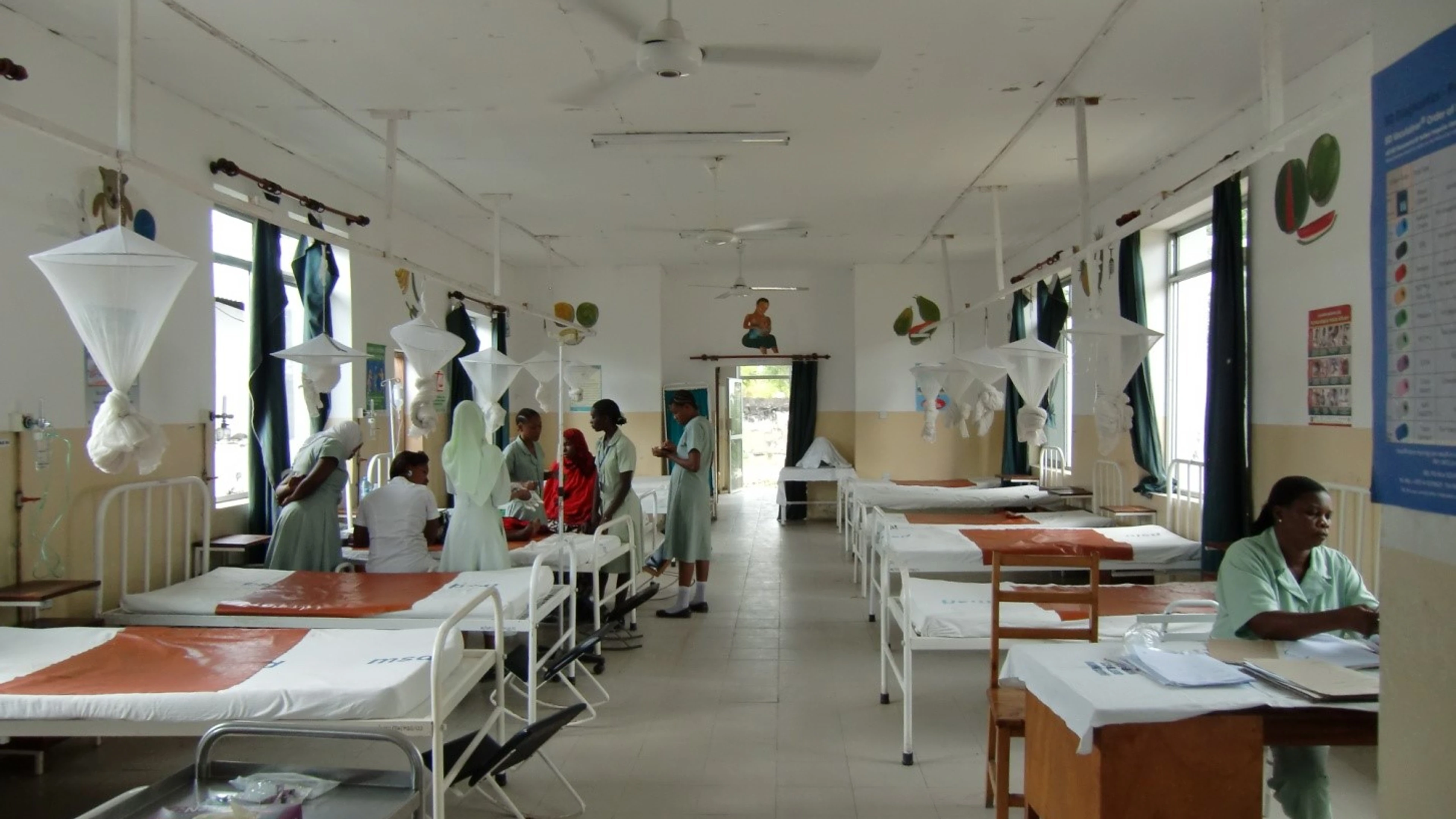Boosting advanced-stage clinical trial capacity in East and Central Africa to combat regional epidemic threats

The CEPI-backed Research Preparedness Program in East and Central Africa aims to bolster regional clinical trial capacity and disease outbreak readiness.
The partnership will support regional stakeholders to strengthen clinical research capacity to conduct late-stage clinical trials for vaccines against endemic and epidemic threats; and to rapidly generate evidence in case of a new disease outbreak, in support of the 100 Days Mission.
31 March 2025; OSLO; SEATTLE: CEPI has selected PATH—an international nonprofit global health organization—to be the Technical Coordinating Partner to initially lead the Research Preparedness Program in East and Central Africa (RPECA Program), which aims to bolster local clinical trial capacity and disease outbreak readiness. Having high-quality clinical trial and research capacity at the ready in outbreak-prone areas, so that vaccine trials can begin within weeks of a new outbreak, has been identified as acrucial enabler of the 100 Days Mission—a global goal, spearheaded by CEPI and embraced by the G7 and G20, to deliver pandemic vaccines in just 100 days
Supported with up to US$3.5 million from CEPI, the RPECA Program will expand existing regional capabilities to conduct high-quality, multi-country, late-stage clinical trials to evaluate the efficacy of vaccines against regional epidemic threats, such as Rift Valley fever and mpox. With this established research infrastructure, the RPECA Program will also support long-term outbreak preparedness by helping to prepare sustainable clinical research centers that can rapidly generate vaccine evidence against future epidemic threats.
“PATH’s extensive research and capacity development experience in this part of Africa makes them a well-suited partner for the Research Preparedness Program in East and Central Africa,” said Kent Kester, Executive Director of R&D at CEPI. “Leveraging their existing capabilities will provide a strong foundation to further engage local partners to expand advanced-stage clinical trial capability and research preparedness in the region. So, when future outbreaks emerge in the area, high-quality emergency data for vaccines can be rapidly generated, and outbreaks ended sooner.”
PATH, as a Technical Coordinating Partner, will work with a consortium of regional stakeholders to identify and strengthen the capacity of clinical research sites across East and Central Africa. Leveraging existing regional clinical research capacity and expertise, this initiative ultimately seeks to establish additional Good Clinical Practice-compliant late-stage clinical trial facilities capable of conducting the crucial research needed to advance and license vaccines against endemic and epidemic threats. Conducting these advanced-stage trials is a prerequisite for regulatory approval of a vaccine and can only take place in countries where such viruses are circulating.
“PATH is honored to partner with CEPI on meeting this critical need for facilitating advanced clinical trial readiness in East and Central Africa,” said Jessica Milman, Global Head of the Center for Vaccine Innovation and Access at PATH. “We look forward to working with country partners and applying our decades of experience as both a scientific leader and research partner in designing and implementing clinical trials worldwide to establish the infrastructure needed to adequately prepare the region to rapidly respond to future disease outbreaks.”
Leveraging local and regional expertise to support greater outbreak preparedness
PATH has extensive experience implementing clinical research and vaccine trials. Since 2005, PATH has partnered in more than 150 vaccine-related clinical trials in 34 countries, serving as a sponsor for 60 of these trials. In East and Central Africa specifically, PATH has conducted 26 vaccine clinical trials and has a strong track record of promoting local guidance and ownership. PATH will work closely with regional stakeholders, including the Africa CDC, to ensure cohesion with other regional funders and stakeholders in the outbreak preparedness ecosystem and ensure local ownership of the RPECA Program’s activities and investments. CEPI and PATH’s long-term goal is to transition leadership of the Program to an African-led Technical Coordinating Partner.
“Building advanced-stage clinical trial capacity in East and Central Africa is a pivotal step toward enhancing our region's ability to conduct critical vaccine research and development,” said Dr. Mosoka Papa Fallah, Acting Director of Science, Research, and Innovation at Africa CDC. “By investing in robust R&D infrastructure and fostering collaborations, we empower African scientists and institutions to lead in developing solutions tailored to our unique health challenges. This initiative not only strengthens our preparedness against endemic viral threats but also positions Africa as a key contributor to global health innovation. Such capacity will also help advance Africa CDC’s vision for local manufacturing by ensuring that homegrown innovations are supported by strong evidence and regulatory readiness.”
The clinical trial infrastructure established through the Program will be accessible to external stakeholders conducting clinical research in the region, subject to availability.
The RPECA Program builds upon CEPI’s Research Preparedness Program in West Africa announced in November 2023. The intention is to continue to expand this Program to other underserved regions across the Global South in the future.
—ENDS—
About CEPI
CEPI is an innovative partnership between public, private, philanthropic and civil organisations. Its mission is to accelerate the development of vaccines and other biologic countermeasures against epidemic and pandemic threats so they can be accessible to all people in need. CEPI has supported the development of more than 50 vaccine candidates or platform technologies against multiple known high-risk pathogens or a future Disease X. Central to CEPI’s pandemic-beating five-year plan for 2022-2026 is the ‘100 Days Mission’ to compress the time taken to develop safe, effective, globally accessible vaccines against new threats to just 100 days.
About PATH
PATH is a global nonprofit dedicated to achieving health equity. With more than 40 years of experience forging multisector partnerships, and with expertise in science, economics, technology, advocacy, and dozens of other specialties, PATH develops and scales up innovative solutions to the world’s most pressing health challenges.

.webp)

